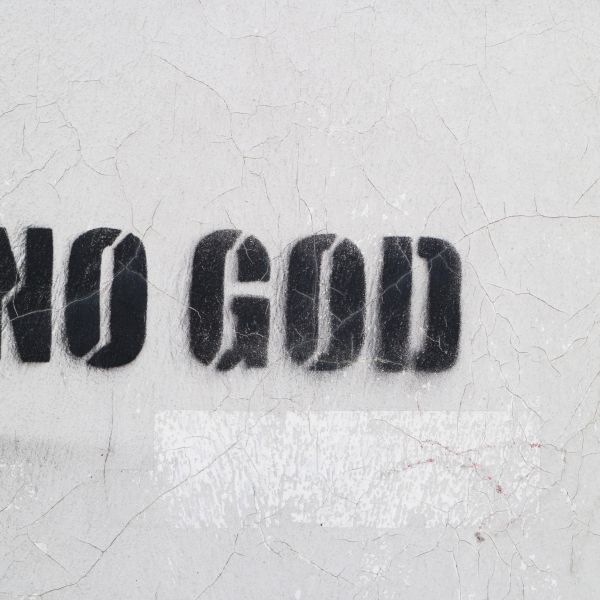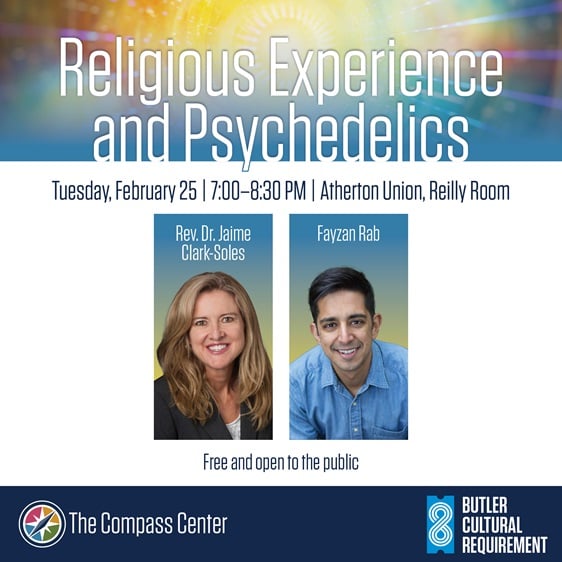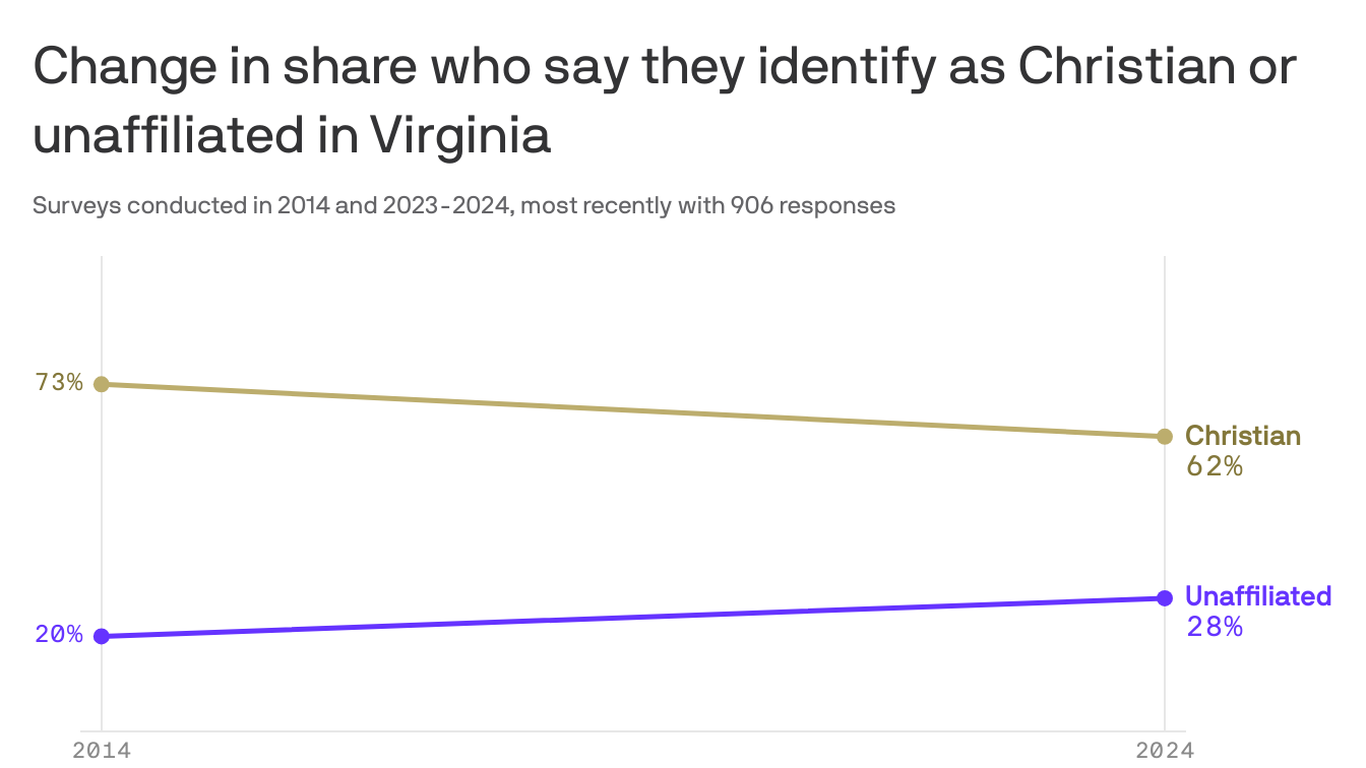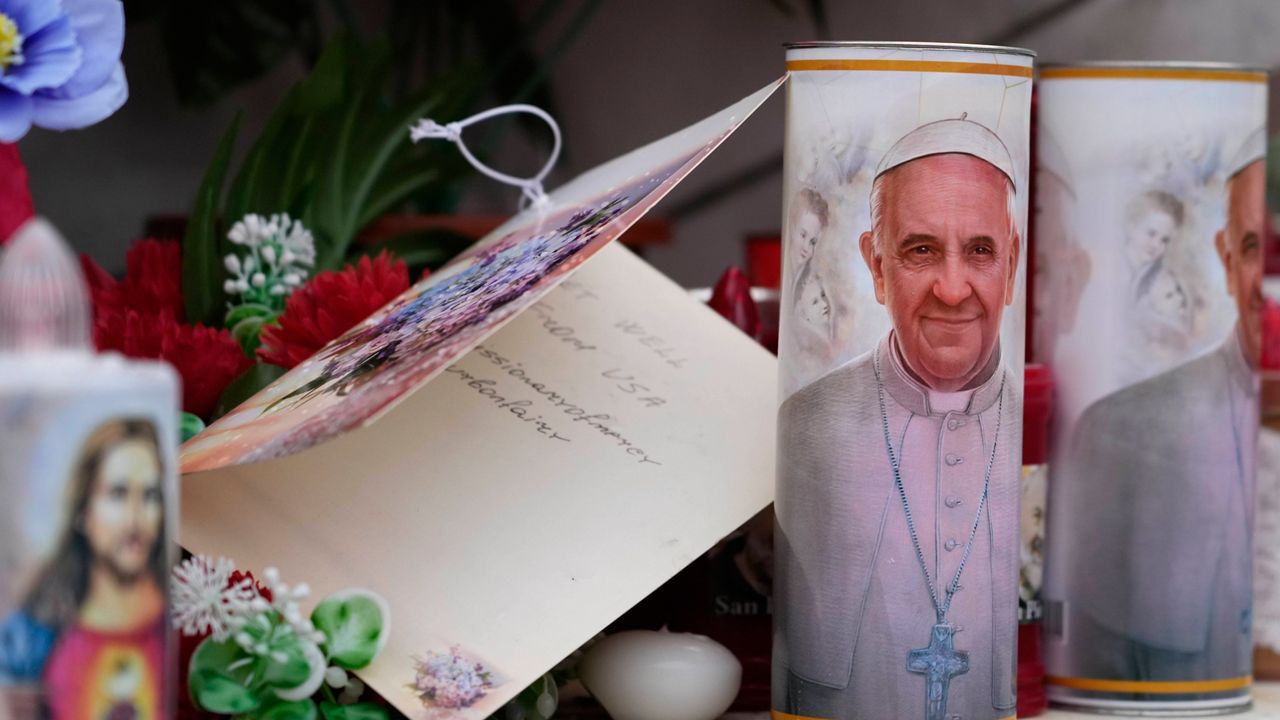Religious Freedom at Stake: St. Isidore School Sparks Controversial Debate
Religion
2025-04-27 10:45:36Content

In a high-stakes legal battle that could reshape religious education, Oklahoma Attorney General Gentner Drummond warns that the potential approval of St. Isidore of Seville Catholic Virtual School poses a significant threat to religious liberty. The case, now before the US Supreme Court, has sparked intense debate about the boundaries between state funding and religious institutions.
Drummond argues that allowing public funds to support this virtual Catholic school would set a dangerous precedent, potentially undermining the fundamental principles of church-state separation. The proposed virtual school represents a novel approach to religious education, leveraging digital technology to provide faith-based learning opportunities.
The Supreme Court's decision could have far-reaching implications for religious schools and educational funding across the United States. At the heart of the matter is a complex question: Can public funds be directed to religious educational institutions without compromising constitutional protections?
As the legal community and education advocates watch closely, the case highlights the ongoing tension between religious freedom, educational innovation, and government funding. The outcome could potentially redefine the landscape of religious education and public support for faith-based learning institutions.
Religious Liberty at Crossroads: Oklahoma's Virtual Catholic School Sparks Supreme Court Showdown
In an unprecedented legal battle that could reshape the landscape of educational freedom and religious expression, Oklahoma's Attorney General Drummond finds himself at the epicenter of a complex constitutional debate surrounding the proposed St. Isidore of Seville Catholic Virtual School.A Provocative Challenge to Established Educational Norms
The Constitutional Conundrum of Virtual Religious Education
The emergence of St. Isidore of Seville Catholic Virtual School represents more than a mere educational innovation; it embodies a profound challenge to traditional interpretations of religious liberty and state-sponsored education. Attorney General Drummond's stance illuminates the intricate legal terrain where constitutional principles of religious freedom intersect with public educational policy. The proposed virtual school's unique model raises fundamental questions about the boundaries between religious institutions and state-funded educational frameworks. By seeking state approval, the Catholic diocese is pushing against long-standing legal precedents that have traditionally maintained a strict separation between religious organizations and public funding mechanisms.Legal Implications and Potential Precedent-Setting Consequences
The Supreme Court's potential ruling carries monumental implications for educational policy nationwide. If approved, St. Isidore could establish a groundbreaking precedent that fundamentally transforms how religious educational institutions interact with state funding and regulatory structures. Legal experts suggest that this case transcends simple educational policy, representing a nuanced exploration of First Amendment protections. The virtual school's model challenges conventional understanding of institutional boundaries, presenting a sophisticated argument for inclusive educational approaches that respect religious diversity.Technological Innovation Meets Constitutional Interpretation
The virtual school's digital platform introduces an additional layer of complexity to the legal discourse. By leveraging technology to deliver religious education, St. Isidore demonstrates how technological innovations can reshape traditional institutional frameworks. Attorney General Drummond's concerns reflect deeper apprehensions about potential systemic transformations. The virtual school's model suggests a future where educational delivery becomes increasingly flexible, personalized, and potentially detached from physical infrastructure.Religious Liberty in the Digital Age
This legal confrontation symbolizes broader societal tensions surrounding religious expression in contemporary technological contexts. The case illuminates how digital platforms can serve as powerful mechanisms for preserving and propagating religious educational traditions. The Supreme Court's deliberations will likely explore nuanced questions about the nature of educational institutions, technological mediation of religious practice, and the constitutional protections afforded to diverse educational approaches.Broader Societal and Educational Implications
Beyond immediate legal considerations, the case represents a critical moment in ongoing discussions about educational pluralism, technological innovation, and constitutional interpretation. The potential ruling could significantly influence future educational policy, technological integration, and understanding of religious liberty. Stakeholders across educational, legal, and religious domains are watching closely, recognizing that the Supreme Court's decision could have far-reaching consequences for how society conceptualizes educational freedom and religious expression in an increasingly digital landscape.RELATED NEWS
Religion
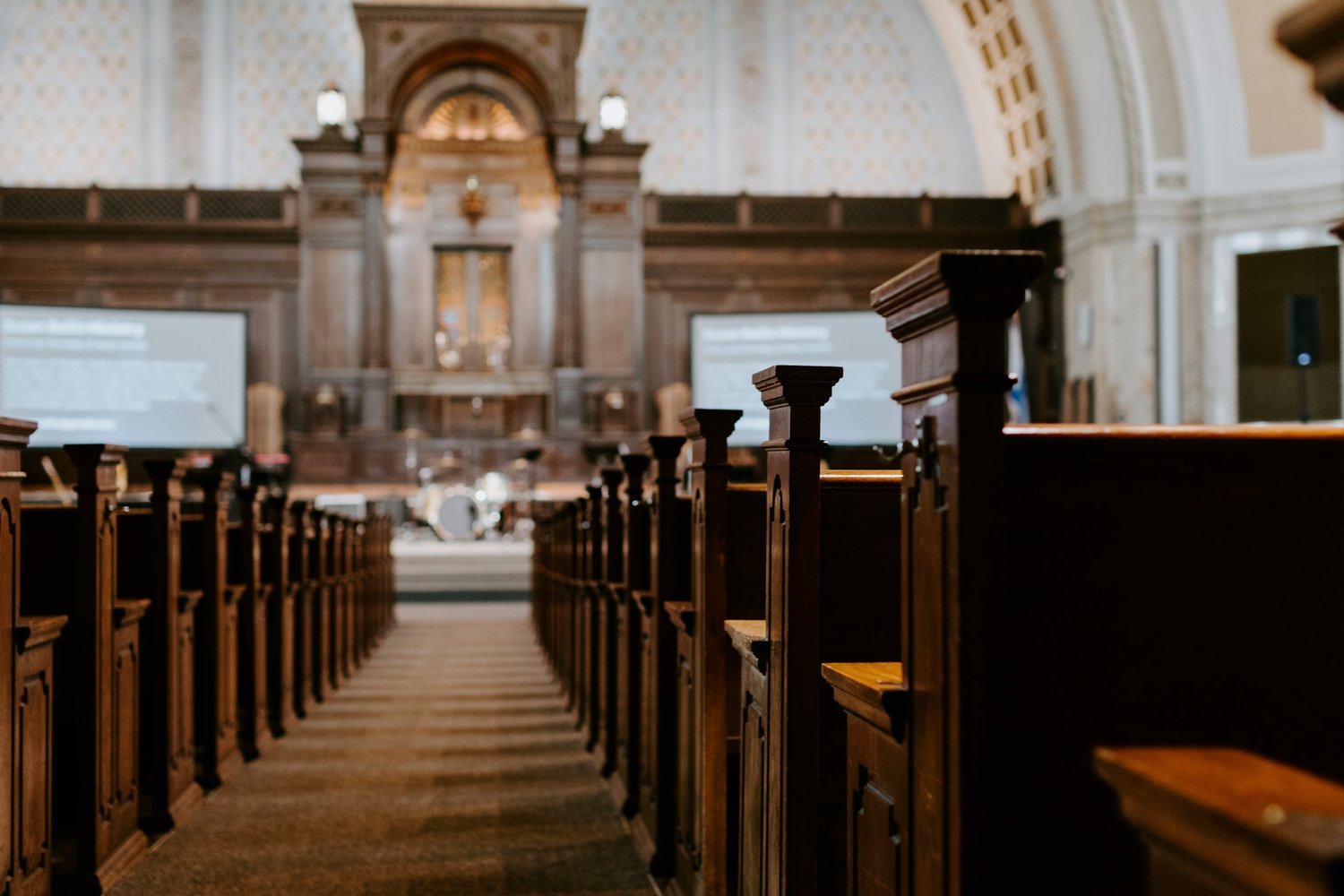
Faith in Flux: How One-Fifth of Global Population is Rewriting Their Spiritual Journey
2025-03-27 04:01:00
Religion
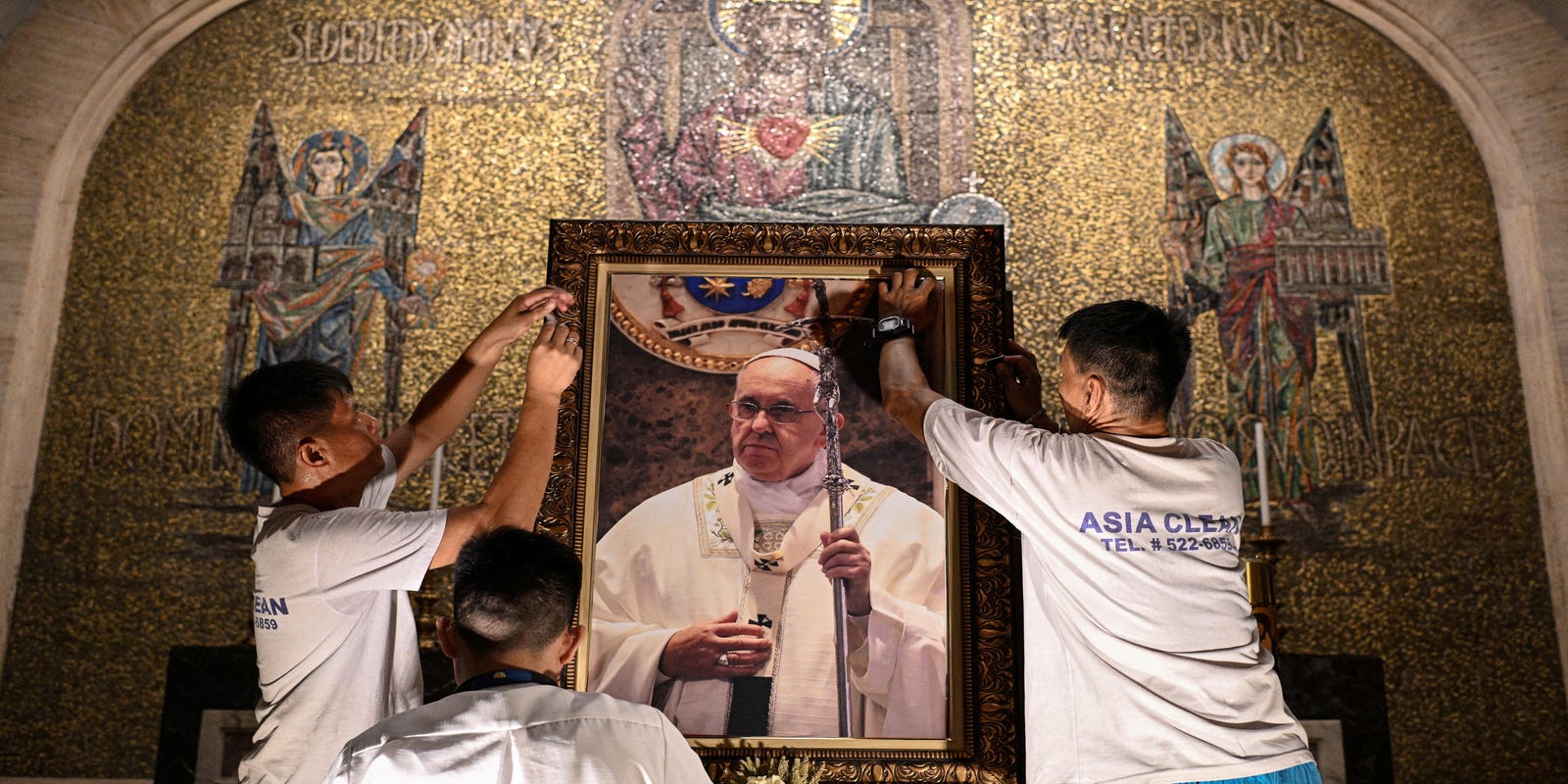
Faith in the Green Mountain State: Unveiling Vermont's Religious Landscape
2025-04-21 18:58:10
Religion

Religious Liberty Under Siege: Why America Must Keep Fighting for Global Faith Freedom
2025-03-27 15:11:39
